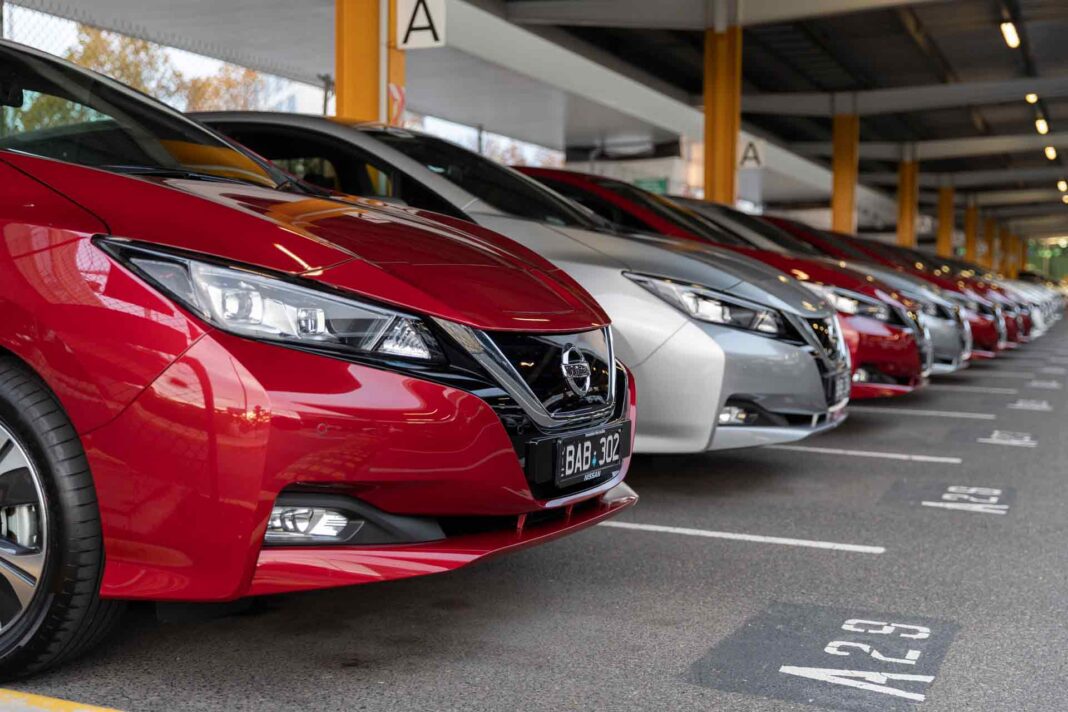The ACT will be home to one of the largest electric vehicle (EV) trials in the world, with around 50 cars to inject power back into the grid to see how EVs can contribute to energy security.
The two-year project from ANU, dubbed REVS (Realising Electric Vehicles-to-grid Services), will see ACT Government vehicles and one ActewAGL vehicle – all Nissan EVs – take part. It will allow the cars to provide power to the grid almost instantaneously when required to avoid instances such as blackouts.
“We know vehicle-to-grid (V2G) works in the lab but we need to demonstrate the reliability and viability of V2G services in the real world at scale,” said research lead Bjorn Sturmberg from the Battery Storage and Grid Integration Program at ANU.
The vehicles will be used as normal and, when not on the road, will be plugged in to bidirectional chargers that allow the cars to both draw energy from the grid and inject it back when needed.
The REVS project will be funded by $2.4 million from the Australian Renewable Energy Agency (ARENA) allocated to ActewAGL, and supported by a consortium including ActewAGL, Evoenergy, Nissan, Sgfleet, Jet Charge, Accenture and the ACT Government.
The ACT Government has allocated just over $2.4 million for the purchase of the vehicles and electrical works, as well as $885,000 received from ARENA to assist with expenses, including the purchase of the chargers.
ACT Minister for Advanced Technology and Space Industries, Mick Gentleman, said the ACT would be ordering the 50 new vehicles for the project as part of the transition to a zero emissions fleet.
Mr Gentleman, who is also Acting Minister for Climate Change and Sustainability, said the project has the potential to see fleet owners – which for this project is the ACT Government – paid for putting their car batteries back into the grid, and hopes it could be extended to privately owned EVs in the ACT.
“This has the potential to improve financial incentives for buying electric vehicles, which will be crucial for reducing ACT’s transport emissions,” he said. “The new system could be particularly beneficial during times of peak power usage as a way of balancing renewable energy delivered into the grid.”
The project would show the benefits of EVs outside their primary function of transport, according to ActewAGL’s group manager of product and strategic energy deployments, Todd Eagles.
“When electric vehicles are plugged into a bi-directional charger, the vehicle owner can be financially rewarded for providing energy back into the grid when it’s needed, making electric vehicles an even more attractive proposition, especially for fleet owners,” he said.
The ANU’s Dr Sturmberg said one EV battery contains as much energy as an average household would use over two to four days and can “react to events in a tenth of a second”.
“If all of Australia’s 19 million vehicles were electric, they would store more energy than five Snowy 2.0s, or over 10,000 Tesla Big Batteries,” he said.



